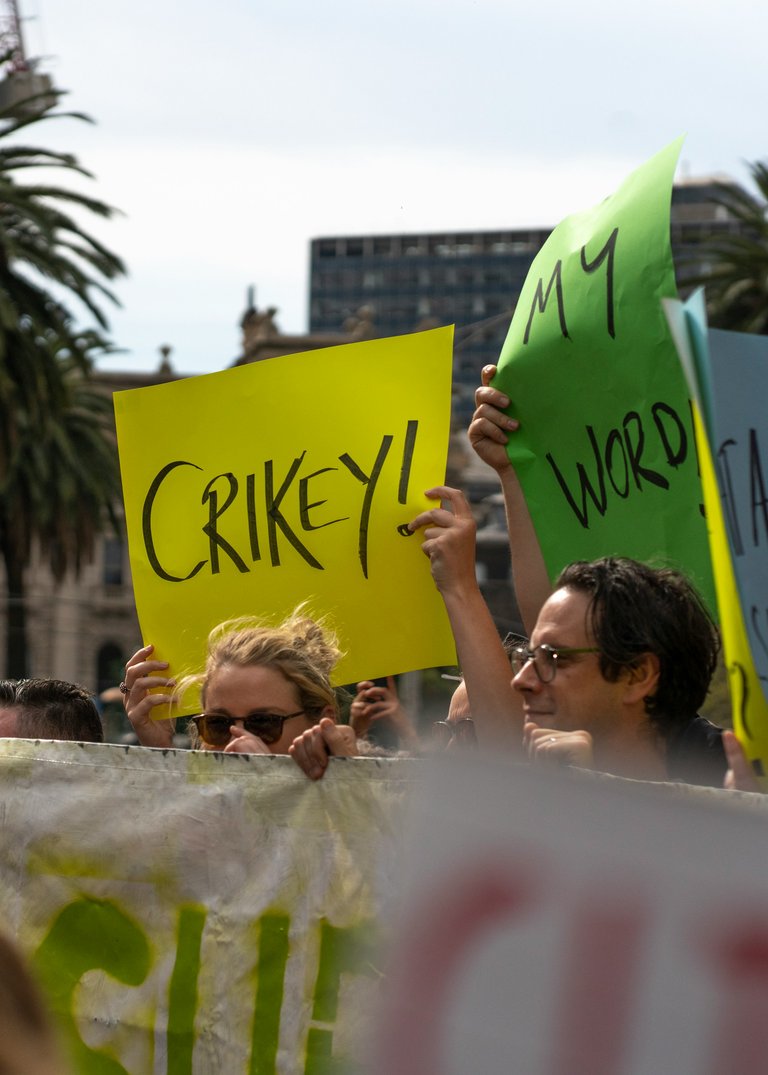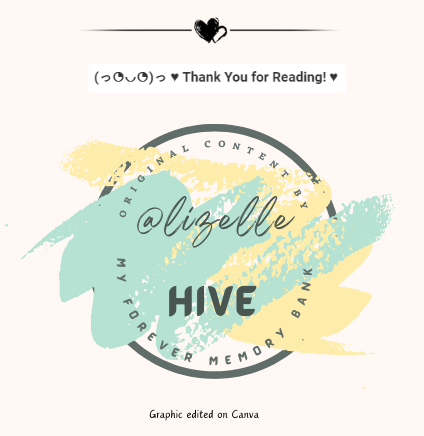Howzit bru, you coming to the jol tomorrow? We're gonna have a leka time! Yebo, leka like a fire cracker!
My boet is gooi'ng a braai, the Springboks are playing the All Blacks; I tell you, we're gona give them a moerse pak! It's a bring and braai, but my ballie is making skilpadjies and pofadder. So just you bring the boerewors and biltong, and don't forget the dop, bru, brandy and coke, it's gona be a moerse jol, whatcha say!
Eish, ja, and don't forget the Grandpa for the babbelas, haha!
Janee, it's Friday night and the vrou is smiling from ear to ear, we're chowing fish and slap chips tonight; agshame, she also needs a break! I skeem maybe I'm gona get lucky tonight!
Ja bru!
Did I tell you about that oke at the graft, he keeps on trying me, skeems he's the laanie. Meantime he a properse skebenga. I tell you bru, I'm gatvol, noways is he gona sit on my head no more, I'm gona bliksem him! The vrou told me to vasbyt, my time will come. Aikona, noways can I wait that long!
Agman, the stupid phone, sorry bru, but that's the vrou...
...
...
Haibo! I must vai, gota pick up the kids and take them to the pozzie, it's not safe in the park no more. I promised the vrou I'll be there nownow.
Whatcha say, just a quick one for the road, a triple brandy & coke, gona need it, so gooi it, my bra!

Photo by Lawrence Makoona on Unsplash
Forgive me, my fellow South African Hivers, we all know that is SA slang at its worst!
Everyone else, did you understand that conversation? I'm sure you got the gist, if not, let me know and I will do a translation.
However, how pronunciation, dialect, colloquialism, and slang happened in the first instance fascinates me.
What brought about these changes in the English language?
What is the difference between colloquialism, dialect, and slang?
Colloquialism: Informal phrases used in everyday conversation.
Dialect: A form of a language used in a specific region or by a particular social group.
Slang: Informal words or phrases that are often used by a specific group of people.
Source
Colloquialism especially puzzles me.
Why change the English language because it's taken to another region?
Football or Soccer
Boot or Trunk
Biscuits or Cookies
Flapjacks or Crumpets or Pancakes (this one is particularly confusing)
Courgette or Zucchini
Jam or Jelly
Sweater or Jumper
The list goes on, and on, and on...
We all use slang, but do you experience colloquialisms in your language, and can anyone tell me how these came about?
We are a strange lot, us humans, aren't we?
Some words are no longer considered 'politically correct', so I'm not sure if I can use the word human without offending someone!
Nuts, I say, or is it Wacko?

Create your own Forever Memory Bank
Join our community of awesome content creators
right here on HIVE
𝙁𝙤𝙧 𝙩𝙝𝙚 𝙔𝙤𝙪𝙣𝙜 𝙖𝙩 𝙃𝙚𝙖𝙧𝙩
Join our Silver Bloggers community 
Artwork by @artywink
I always think linguistics is such a fun and interesting topic and if I were much younger I'd probably do a degree in it.
One of my favourite word in our local dialect is pronounced "lor". My husband was absolutely gobsmacked when he learnt that it shrinks a three word question 'where is it' in Cantonese down to one syllable
I absolutely agree with you on that! If I had my life over, I would have loved to have studied linguistics, it's a fascinating topic!
Some slang words/terms are very satisfying to use in everyday conversation, "lor" sounds like one of them!
PS that conversation of SA slang is not a very polite one, and although some of the words are very expressive, it's not my type of lingo🙉...I didn't say it😅
It’s funny the things that people will say regionally that don’t mend well elsewhere.
The best example I have of it is the Italian movie Gomorrah - it was an outskirts city of Naples but the accent was so strong and unique there - they had to subtitle it in formal Italian for the people that didn’t speak the dialect it was so difficult to understand. Pretty comical stuff how a local flavor of language is!
I find it fascinating how different regions also change language, and to the extent that subtitles are needed in the correct language!
I had a Scottish friend at school, and the first time I heard the conversation between her and her Mom, I could not understand a word as they switched to Gaelic.
I wonder if Instant Voice Translate would be able to translate dialects as well?
You're right, one has to almost 'count' your words if in a strange country, as your words may be misconstrued.
My son lives in the Netherlands, and a friend told him to never ask for a 'slip' when buying goods, as the Dutch use that for petticoat, 'receipt' is the correct word. Here, slip and receipt are both acceptable, although a petticoat can also be referred to as a slip😉
Thanks for popping in @cmplxty
We definitely use words that many would scratch their heads over from all the mixed languages !LOLZ
For sure Joan, that conversation sure is slang in its worst form!
Having lived in Durban since primary school, I find it difficult to speak pure Afrikaans so often throw in an English word here and there, but I've had to brush up on my Afrikaans as some of my Pretoria and Cape Town guests speak pure Afrikaans!
Living in Durban we do tend to lose touch in Afrikaans, I still speak to my sons clients, nothing like I did when speaking it more regularly where we grew up. Ironically schooling years my Afrikaans pass mark normally exceeded my English, our slang I doubt any of us lose somehow across all the languages!
Definitely wacko. I had a hard time following, I admit. Like you, though, I find these little changes fascinating. I think it's to do with wanting to differentiate against an oppressor in some way. I think American or Australian slang for instance developed as a way to show that those places were not England. A linguistic, nerdy, very subdued form of rebellion. Maybe. I dunno.
But thank you for the insight into SA slang! :)
I agree with you on that, is the only thing that makes sense, kind of wanting to put their own stamp on the language!
Believe me, not all South Africans talk like that, not very nice🤐, but it was the only way I could use common slang words in a short conversation.
Enjoy your Sunday @honeydue!
I got the jist, but I had to read slowly and re-read parts to do so. Had I heard it live, I would have been mostly lost.
I have no idea why language changes but I don't mind that it does. Except for instances of hyperbole, such as "insurrection" has been used incorrectly for the last four years, making an illusory mountain out of a molehill. We do have to be careful about those changes in our language. Otherwise, I think the changes are amusing, kind of Dr. Spock-ish.
I like that one, even though it could mean a number of things.
That conversation, as you've gathered, was not a polite one😉
You're right about 'bliksem' having multiple meanings; the real meaning is lightning and can be used in polite conversation. However, in slang it becomes an expletive/a crude expression of surprise/happy to see someone/threatening violence. The word 'donner' is used similarly, means thunder, funny it also refers to stormy weather.
I find it fascinating how these words came about as expressing our feelings. (I don't use them, by the way, not very polite, may say it in my head though😂)
I had to look up the words "insurrection" and "hyperbole" (my mother tongue is Afrikaans, therefore the ignorance); there are many of those in circulation!
Language is a fascinating subject!
In Hawaii we have a dialect called Pidgin English, it is believed to have been derived when Hawaiian Islanders tried to communicate with Japanese, Chinese, and Portugese immigrants who came to Hawaii to work as laborers on the sugar plantations and all were learning the English and Hawaiian languages. Pidgin became the common language of these diasporic groups and contained words from English and their native languages which everyone adopted. It is still spoken today, although perhaps not as much as previously and much more English then Pidgin now.
Humans make it work.
:)
Pidgin English sounds like a real mishmash, but as you say, humans will make it work;)
My mother tongue is Afrikaans which evolved from Germanic languages, mostly Dutch, but it is an official language. My husband was English speaking and so are most of the people in our city, so I have a tendency to throw in an English word every so often when speaking Afrikaans.
I'm fascinated with languages!
Thank you for sharing that interesting dialect of Hawai @shortsegments.
Your welcome.
I also find them interesting, and feel like when you visit a country it's good to study the language, because it really helps you learn about the people, the culture and makes learning about the country easier.
I really couldn't follow it. Hey, the slang is even generational too. I use slang my younger son doesn't understand and he does the same.
Very true about slang being generational, I never thought of that!
That little story at the beginning is SA slang in its worst form🙉
It was almost if it was a different language altogether.